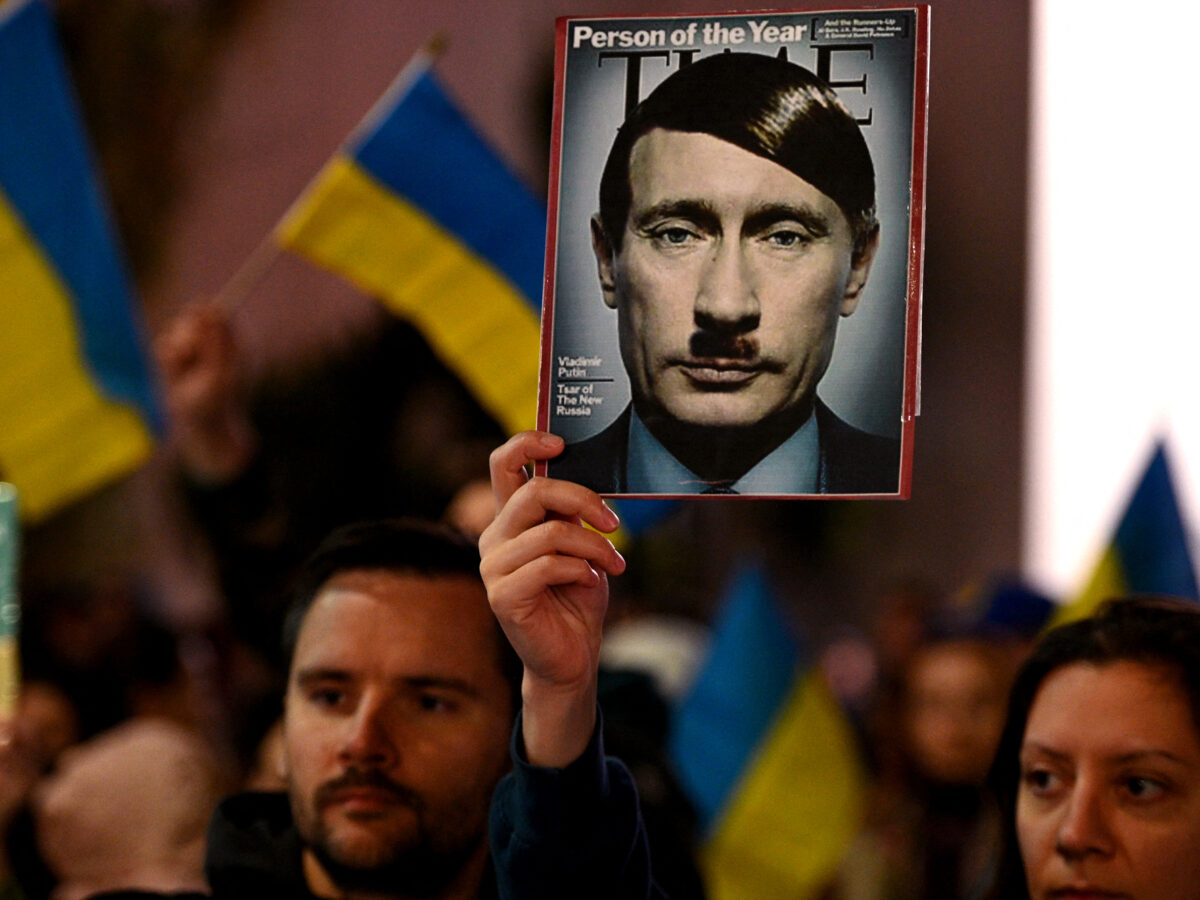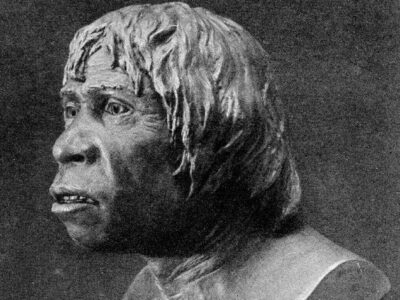While reading an interview with Barry Hilton, the following revelations about his marriages caught my eye:
“Then after I wrote off marriage and cursed it I met my darling Sandy, who is 19 years my junior, but you’d swear she is the older one in the relationship,” he told the interviewer. “When she met me for the first time I gave her this look and she just shot me down saying ‘don’t even think about it, you’re far too old for me’. Now she’s married to me. How’s that for irony? She has the greatest tits … hah hah hah. But yeah, she completes me. I love her so much.”
Which isn’t noteworthy in and of itself, but imagine if the genders were reversed, and a 53-year-old woman was married to a man 19 years her junior. We’d all find it … weird. Slightly icky in fact. (Honestly? I know I would. Even though I should know better.)
No surprises there. Broadly speaking, it’s culturally acceptable for men to be in relationships with much younger women; the reverse is considered bizarre and, at its extreme, revolting.
In this lecture, Professor Robert Sapolsky mentions that unions between slightly younger women and slightly older men are pretty consistent through all cultures. Biologically, the explanation is obvious, that younger women are more fertile and therefore more desirable; in men, virility is linked to factors other than youth.
A sizeable age difference between men and women seems to make sense, in reproductive terms: research into the Sami population of Sweden has indicated that a man who marries a woman 15 years his junior will maximise the number of children that survive to adulthood. Other scientific studies suggest that older men who father children with much younger women may actually contribute to increasing human lifespans over time.
This kind of crude biological reasoning, the notion that humans are ultimately on the planet to pass on their selfish genes, would appear to be born out by one famous older woman/younger man pairing. Hugh Jackman’s wife is 13 years his senior; they married when she was 40, and struggled for years to conceive until adopting Oscar and Ava.
Nonetheless, culture always has ways and means of dealing with biological imperatives. Hence the relatively recent phenomenon of the cougar: the older woman who dates younger men. The term is said to have emerged in the bars of Vancouver in 2001 and spread from there. (There’s even a term for cougars in training: pumas.)
That the notion of the cougar has gained a measure of acceptability is suggested by dateacougar.com, in which both women looking for younger men, and younger men looking for older women, declare their desires quite openly. (Are you a mature lady willing to teach a 20-year-old athletic male? Well, here’s your man-boy.)
It’s interesting that the “cougar” phenomenon has taken off in a famously age-obsessed culture. Compare the US to France where, according to this article, older women do not become sexless, but continue enjoy the attentions of men, merci beaucoup.
The fact that there’s even a word for an older woman who dates younger men — what about sleazy old men who prey on nubile young maidens? — suggests that Western culture has a long way to go.* (Although, that said, “cougar” is a more positive term than, say, “grab a granny”.) But we’re in a better place than we were. When I was growing up, my mother lied about her age. To this day, it’s something she would never dream of mentioning: age, for her, was a point on which others — especially women — would judge her.
In fact, when my mother was the age I am now, she was a housewife with 4 children; I don’t feel capable of managing even one. These days, people are waiting longer and longer to get married and have children. Sixty used to be an age at which you embraced bingo and knitting; now 60-year-olds go to the gym and wear tight jeans … and look good in them.
So, in contrast to my mother, I don’t care who knows that I am 34. (Shock! Horror! Soon I may have to do a Helen Zille and invest in some Botox). I don’t think we’ve yet reached a point in society where women in particular are valued regardless of their looks or perceived youthfulness, but I hope that we are getting there. Ultimately, age should just be a number, not a benchmark. I’d like to hope that soon, what will really matter is the attitude in our hearts and minds. Not the numbers in our ID books.
* And, taking Jacob Zuma as an example, African culture is even further behind.




